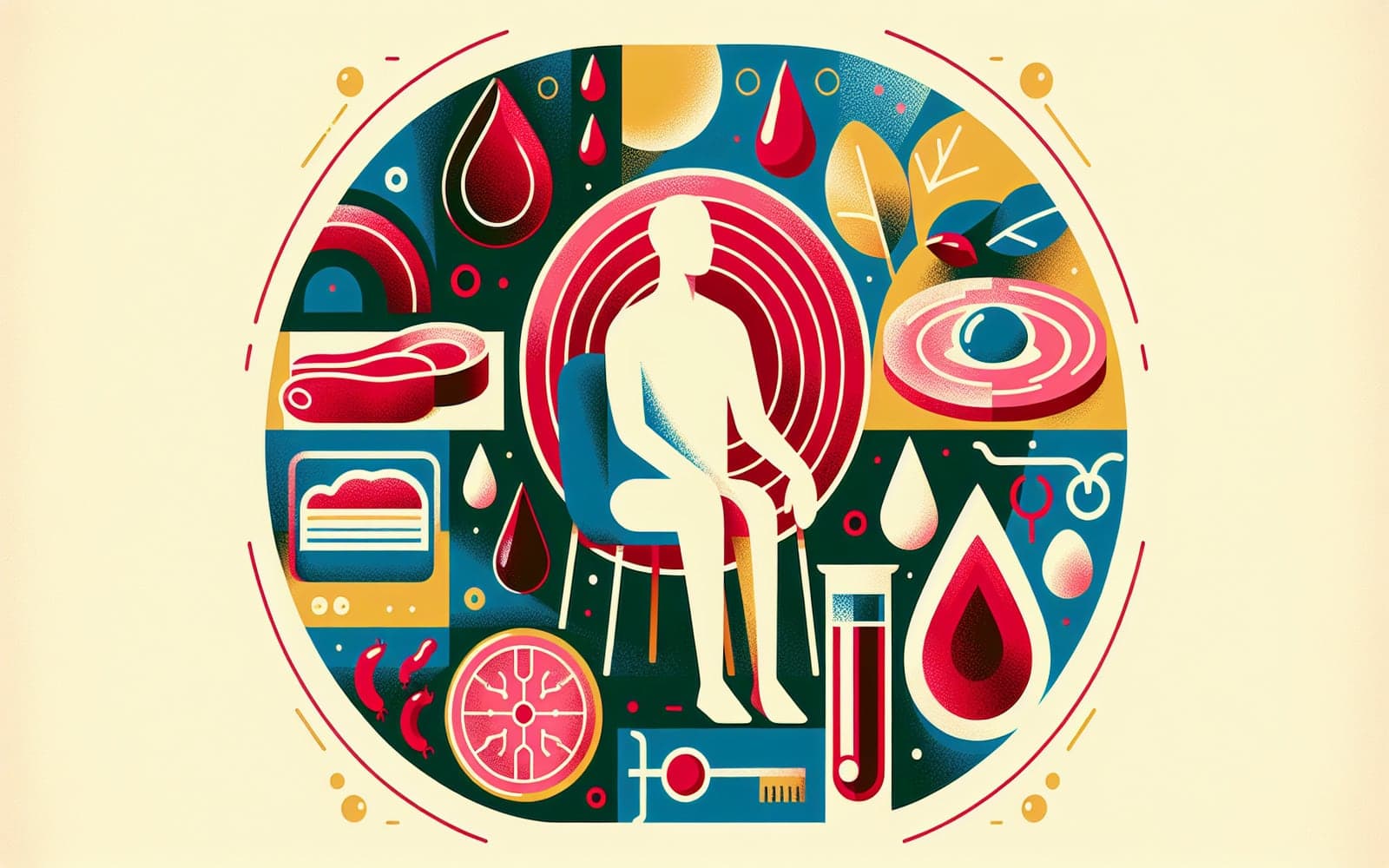Eating Your Way to Better Blood Health: Diet Tips for Anemia
Published: Mar 01, 2024

Medically reviewed by Alan Lucks | MD, Alan Lucks MDPC Private Practice - New York on March 1st, 2024.
Diet plays a crucial role in preventing and managing anemia. Discover simple dietary changes that can help boost your red blood cell production and energy levels.
Contents
Iron: The Essential Mineral
Iron is a critical component of hemoglobin, and its deficiency is a common cause of anemia. Iron-rich foods include red meat, poultry, fish, lentils, beans, and fortified cereals. Absorption of iron is enhanced when consumed with vitamin C-rich foods like oranges and strawberries, so try to pair them together in your meals.
Vitamins B12 and Folate
Vitamin B12 and folate are essential for red blood cell formation. B12 is found in animal products like meat, dairy, and eggs, while folate is abundant in dark green leafy vegetables, nuts, and seeds. Vegans and vegetarians may need to pay extra attention to these nutrients or consider supplements.

Other Nutrients to Consider
Copper and vitamin A also play roles in red blood cell health. Copper can be found in nuts, seeds, and whole grains, while vitamin A is present in carrots, sweet potatoes, and spinach. A balanced diet that includes a variety of foods will help ensure you get these nutrients.
Frequently Asked Questions
Iron-rich foods include red meat, poultry, fish, lentils, beans, and fortified cereals.
Vegetarians can get B12 from dairy, eggs, or consider supplements if needed.
Vitamin C enhances iron absorption when consumed with iron-rich foods.
Yes, coffee can inhibit iron absorption, so it's best to have it separately from meals.
Key Takeaways
A balanced diet rich in essential nutrients is key to preventing and managing anemia.
Get started: Talk to Doctronic for personalized dietary advice to tackle anemia.Related Articles
References
Means RT. (2020). Iron Deficiency and Iron Deficiency Anemia: Implications and Impact. Nutrients, 12.
Alvarez-Leite JI. (2004). Nutrient deficiencies secondary to bariatric surgery. Curr Opin Clin Nutr Metab Care, 7(5), 569-575.
This article has been reviewed for accuracy by one of the licensed medical doctors working for Doctronic. Always discuss health information with your healthcare provider.

